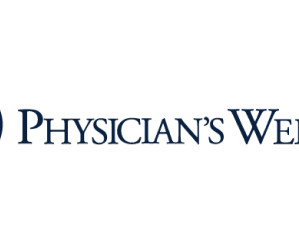How Mental Health & SUD Bias Impact ED Physical Care
Physician's Weekly
JUNE 19, 2025
Patients with documented mental illness or substance use disorders (SUDs) continue to encounter a mixed—sometimes starkly divergent—quality of emergency department (ED) care when they present with chest pain, abdominal pain, or other non‑psychiatric complaints, according to a patient‑interview study published in Health Services Research.











Let's personalize your content